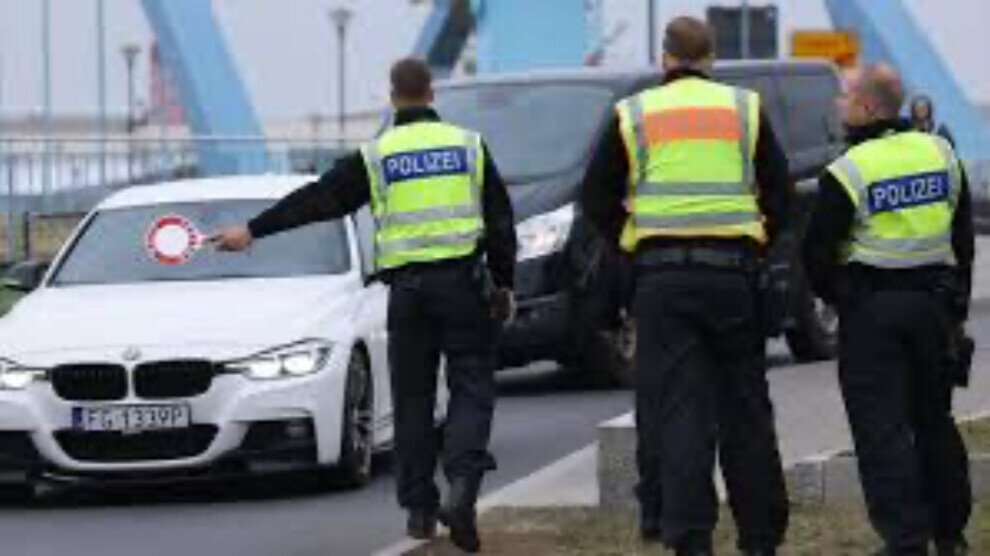Germany reintroduces border checks
Germany has reintroduced temporary checks at all nine of its land borders.
Germany has reintroduced temporary checks at all nine of its land borders.

Germany has reintroduced temporary checks at all nine of its land borders in a move that has drawn criticism from several of its European partners but praise from the far right.
Temporary checks are allowed in exceptional circumstances to avert specific threats to internal security or public policy. Eight members currently impose them on selected borders, citing increased terror threats or pressure on asylum capacity.
The coalition government in Berlin said last week that checks already being carried out on its borders with Austria, Poland, the Czech Republic and Switzerland would be extended to France, Luxembourg, Belgium, the Netherlands and Denmark.
The decision came after a series of deadly knife attacks in which the suspects were asylum seekers, and historic successes by the far-right, anti-immigrant Alternative für Deutschland party (AfD) in two crunch state elections in the east of the country.
Europe’s passport-free Schengen zone, which includes 25 EU nations plus four others including Switzerland and Norway, allows free movement without border checks and is thought of as one of the bloc’s biggest achievements as well as a critical economic asset.